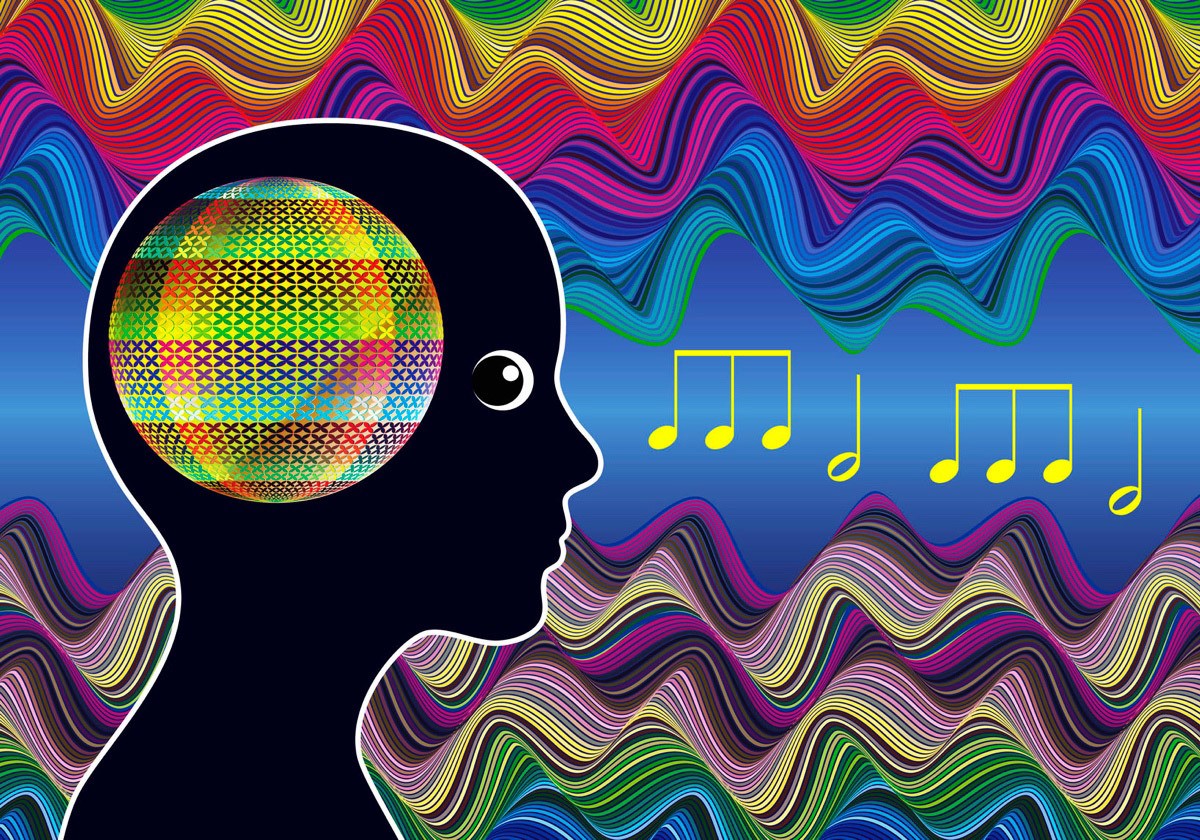Visit and Join the WeHeal Music Therapy Community
Information and References: MayoClinic | Wikipedia
Clinical Trials: Clinicaltrials.gov | In Clinical Trials | EU Clinical Trials Register | WeHeal Guide to Researching Clinical Trials
Patient Resources and Related Organizations: American Music Therapy Association | How Music Therapy Helps with Mental Health – Mind Boosting Benefits of Music Therapy
News and Media: News-Medical.net | NIH

Music therapy is classed as a form of expressive therapy that works to improve physical and mental health through the expression of emotions. There are two forms of music therapy, and these are called active and receptive. In the former, you will create music with your therapist or group (depending on the type of therapy you have sought).
This helps you to deal with emotions, alleviate stress, and can even relieve the symptoms of conditions like Alzheimer’s (something we will look at later). Receptive music therapy, on the other hand, is where you listen to music while you draw or partake in other relaxing activities.
In short, music therapy tends to consist of three potential activities: playing music, singing, or listening to music. You can either create your own music or learn to play specific pieces that you will practice and develop over time – it depends on your personal preferences. You also have plenty of choices, as you can decide what kind of music therapy you take as well as the type of music that you play.
WeHeal is very grateful to our valued sources of information which include Wikipedia, WebMD, ClinicalTrials.gov, Cancer.gov, Infoplease, and the US CDC (Center for Disease Control).